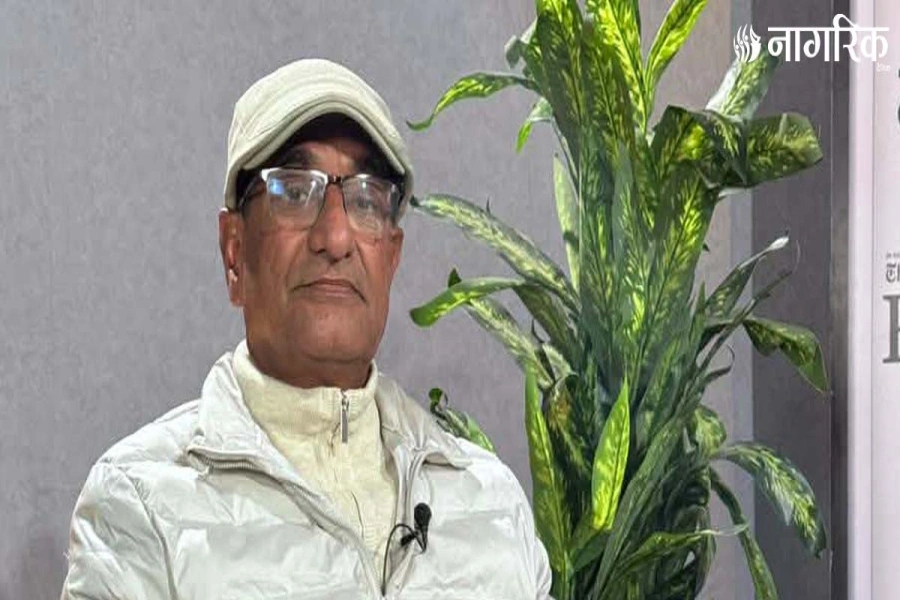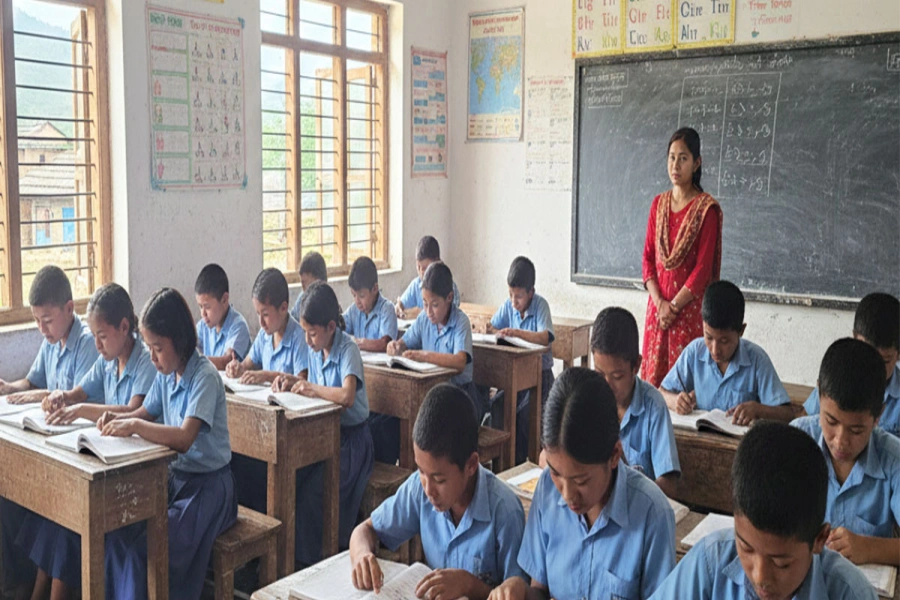While the decision to import one million tons of paddy and 100,000 tons of rice is undoubtedly a positive step towards addressing the immediate challenge, it should not overshadow the need for comprehensive and sustained efforts to achieve food security in Nepal.
In light of the recent decision by the Indian government to ban the export of non-Basmati white rice, Nepal has taken a commendable step to safeguard its food security by importing one million tons of paddy and 100,000 tons of rice from its southern neighbor. This timely move by the Nepalese government is an essential measure to prevent possible shortages of food grains and tackle the price hikes that have already hit the rice market in Nepal. The ban on non-Basmati rice exports from India raised concerns about rice supply in the Nepali market, leading to a surge in prices. Unscrupulous businessmen took advantage of the situation and hiked the price of rice in Nepal, even when they had an adequate stock. Such exploitative practices underscore the need for strict market monitoring and swift punishment against those who manipulate food prices for personal gains. The government should work diligently to ensure that traders and businesses follow ethical practices, and the law should come down hard on those who engage in price gouging.
Eating junk food is bad for health!

While the decision to import food grains is undoubtedly positive, it should be viewed as a short-term solution to a larger issue. It's essential for the government to focus on sustainable long-term strategies to increase food production, particularly rice, within the country's borders. Relying heavily on imports can leave the nation vulnerable to external shocks and disruptions in global supply chains. By investing in agricultural development and providing farmers with the necessary resources and support, Nepal can boost its domestic food production and reduce its reliance on imports. Additionally, it is high time for the government to address the issue of food consumption patterns in Nepal. Encouraging people to diversify their diets and reduce their heavy reliance on rice is crucial for ensuring food security in the long run. Emphasizing the importance of incorporating a variety of foods into daily meals will not only mitigate the impact of rice shortages but also lead to improved nutrition and better health outcomes for the population. To achieve sustainable food security, the government should actively promote alternative crops and agricultural practices that can thrive in different regions of the country. Crop diversification can enhance resilience against climate change and mitigate the risks of food shortages. By supporting and incentivizing farmers to grow a wide range of crops, Nepal can build a robust and diversified agricultural sector.
In addition to import and production strategies, it is also crucial to implement effective food storage and distribution mechanisms. Proper storage facilities can help prevent food wastage and ensure that food grains reach those in need, especially during times of scarcity. Investment in modernizing storage and transportation infrastructure will be vital in this regard. While the decision to import one million tons of paddy and 100,000 tons of rice is undoubtedly a positive step towards addressing the immediate challenge, it should not overshadow the need for comprehensive and sustained efforts to achieve food security in Nepal. The government must view this as an opportunity to embark on a larger mission to revitalize the agricultural sector, support farmers, and promote responsible and diverse food consumption habits. As a newspaper, we believe that the government's decision to import food grains is a commendable effort to safeguard the nation from possible food shortages and mitigate the impact of unscrupulous traders. However, it is crucial to recognize that this is just the beginning of a much longer journey towards achieving food security. The government must invest in increasing domestic food production, encourage crop diversification, and modernize food storage and distribution infrastructure. It is also important to encourage people to diversify their diets and reduce their heavy reliance on rice. By pursuing a multi-faceted approach to food security, Nepal can ensure the well-being of its citizens and build a resilient and self-reliant nation for the future.





































